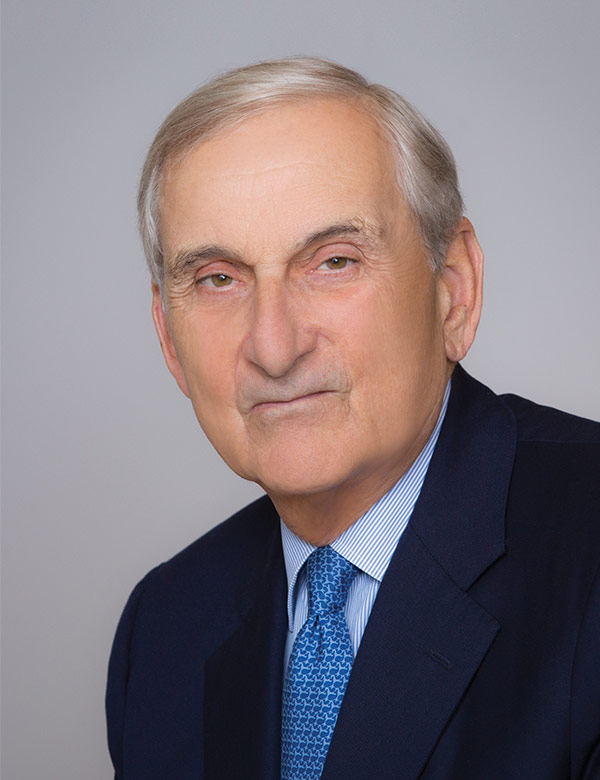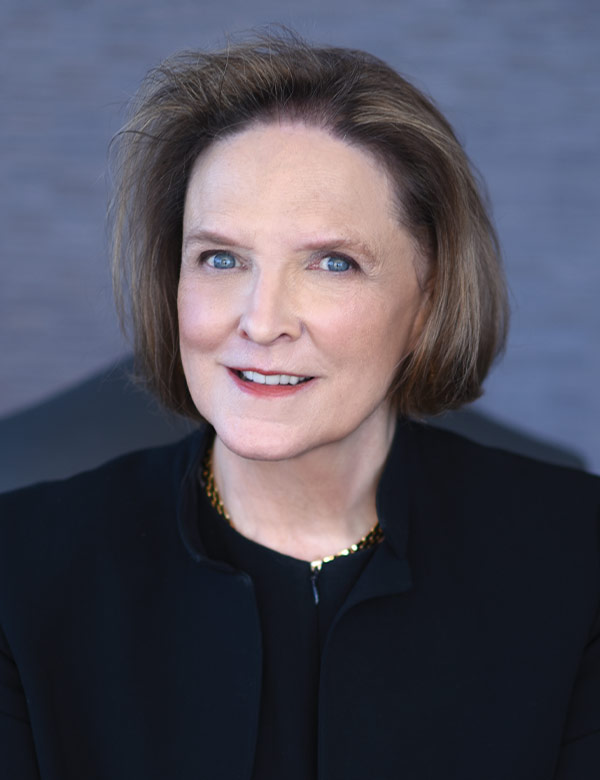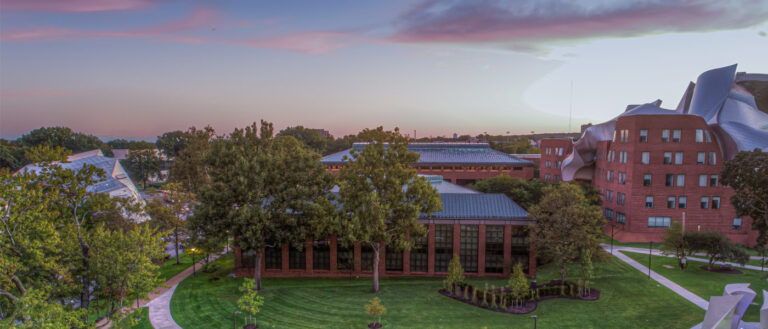Austin (LAW ’68) and Gwendolyn Robosson Fragomen have committed $1 million to help expand Case Western Reserve University School of Law’s impact in the field of immigration law. Their gift will establish the Fragomen Distinguished Practitioner in the school’s Immigration Law Clinic—a position that will greatly enhance the capacity and reach of one of the law school’s most impactful clinics.
“Gwen and I are delighted to make this gift to the Immigration Law Clinic,” said Fragomen. “The clinic’s work in providing legal services to the migrant community will advance our lifelong commitment and passion of developing excellent lawyers to support this community.”
A career committed to immigration law
As a student at Case Western Reserve University School of Law, Austin Fragomen founded Case Western Reserve Journal of International Law, which celebrates its 55th year of publication this spring. Austin’s early commitment to pro bono services began during his student days and was acknowledged with the conferral at his graduation of the Jacob Hecht Award for the law student who contributed most to pro bono services.

Austin started his career serving as staff counsel to the U.S. House of Representatives Subcommittee on Immigration, Citizenship and International Law. He then joined a boutique immigration practice in New York. Under Austin’s leadership, the firm Fragomen, Del Rey, Bernsen & Loewy grew to 820 lawyers in 60 offices around the globe and ranks in the Global 200 as the 75th highest-grossing law firm in the world.
Austin is the founding co-author of the leading treatise and series of handbooks in business immigration law published by Thompson Reuters/West. He served for 10 years as an adjunct professor of law at New York University School of Law and was the chairman of the City Bar Justice Center of the Association of the Bar of the City of New York.
On Dec. 31, 2022, Austin assumed the role of chairman emeritus of Fragomen, Del Rey, Bernsen & Loewy. He continues to support global immigration policy initiatives through his position as chairman of the Business Advisory Group on Migration with the United Nations affiliated Global Forum on Migration and Development.

Austin is a member of the CWRU School of Law Society of Benchers, the school’s alumni hall of fame, and received the Centennial Award, the highest honor bestowed by the School of Law Alumni Association. He has been an engaged alumni leader, serving as co-chair of the Deans’ Cabinet for Global Legal Studies since its launch two years ago, appearing on the law school’s “Talking Foreign Policy” radio show, and speaking at law school events.
“Inspired by Austin’s leadership in the field of immigration law, Case Western Reserve University School of Law first established an Immigration Law Practicum and then expanded it a few years later into an Immigration Law Clinic,” said Co-Dean Jessica Berg. “The clinic plays an important role at the intersection of our international law program and our experiential education program, both ranked among the top in the nation.”
Gaining hands-on immigration law experience
Under the law school’s novel capstone requirement, every third-year student undertakes either a semester-long clinic or externship to gain hands-on experience. Students in the Immigration Law Clinic sit “first chair,” filing briefs and arguing cases, backed up by an experienced professor.
Aleksandar Cuic, an adjunct professor as well as a partner at Brown Immigration Law in Cleveland and a leader in the Cleveland immigration law community, has directed the Immigration Law Clinic for the past seven years.
“Cleveland is the ideal place for an immigration clinic since we have one of the nation’s regional immigration courts and a continuing flow of new immigrants from all over the world,” he said. “The clinic affords law students the opportunity to represent clients before the Department of Justice Immigration Courts, U.S. Citizenship and Immigration Services Field Offices, and asylum officers.”
In recent years, Cuic and his students have scored major victories in a series of high-profile refugee and asylum cases.
In 2021, they won permanent residency for a sexually abused client from Trinidad & Tobago who had been previously ordered removed by an immigration judge. In 2022, they successfully argued a Convention Against Torture claim, ensuring that their client would not be returned to El Salvador where he had suffered inhuman treatment at the hands of the Salvadoran government.
“The stakes are incredibly high in this type of litigation,” Co-Dean Michael Scharf said. “The success of our students can literally mean the difference between life and death for their clients.”
This hands-on experience often leads to post-graduation success, with students going on to careers as immigration law judges, Department of Justice immigration law trial and appellate attorneys, and immigration attorneys at nonprofit organizations and law firms.
“Our students are having an impact on their clients’ lives, and they are developing a marketable skill in gaining employment in the field,” said Cuic.
“Austin and Gwen’s incredible gift,” Scharf said, “will enable us to build on these successes and provide a permanent foundation for our program.”

